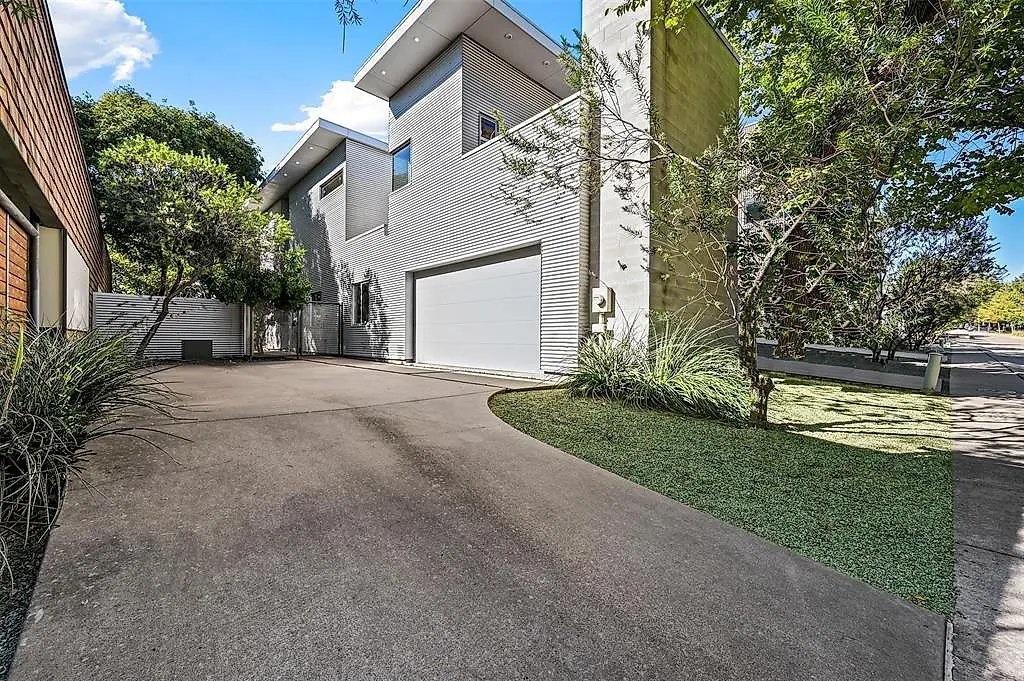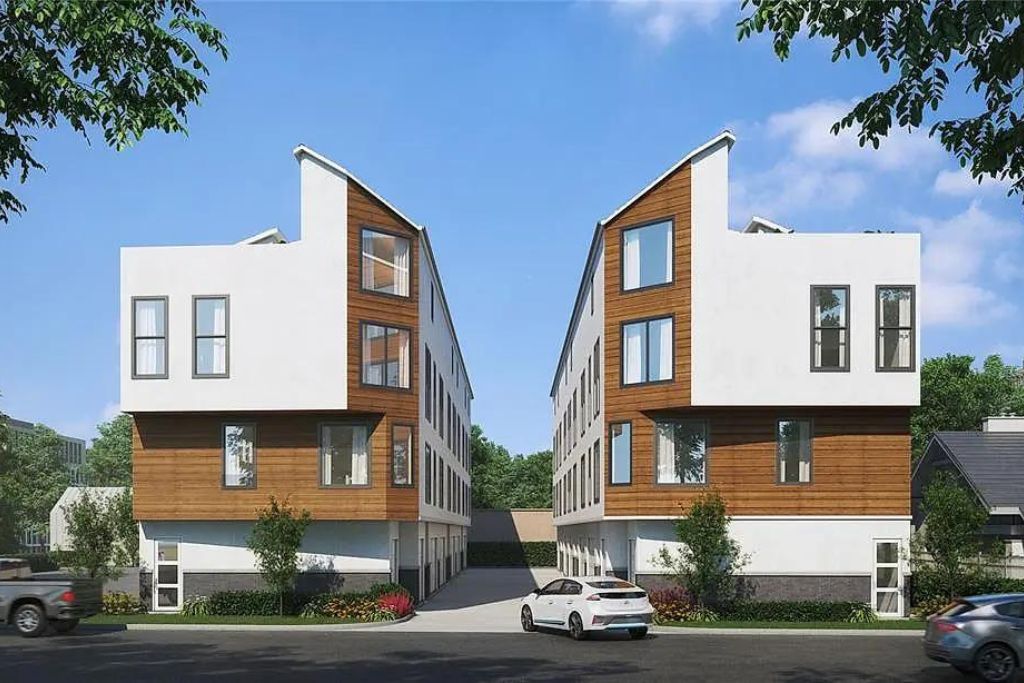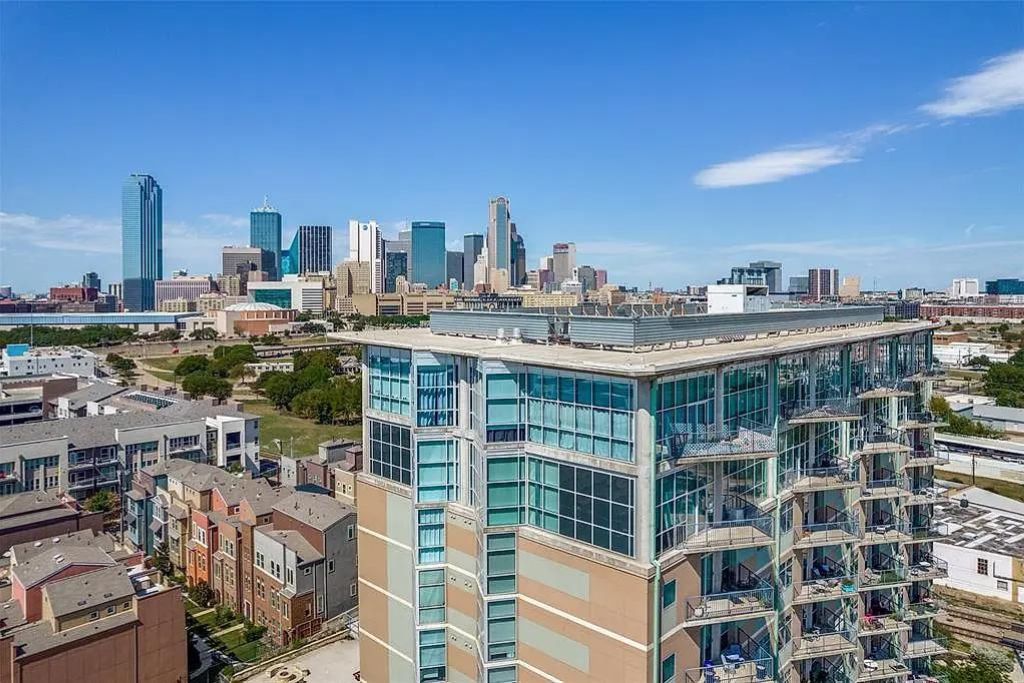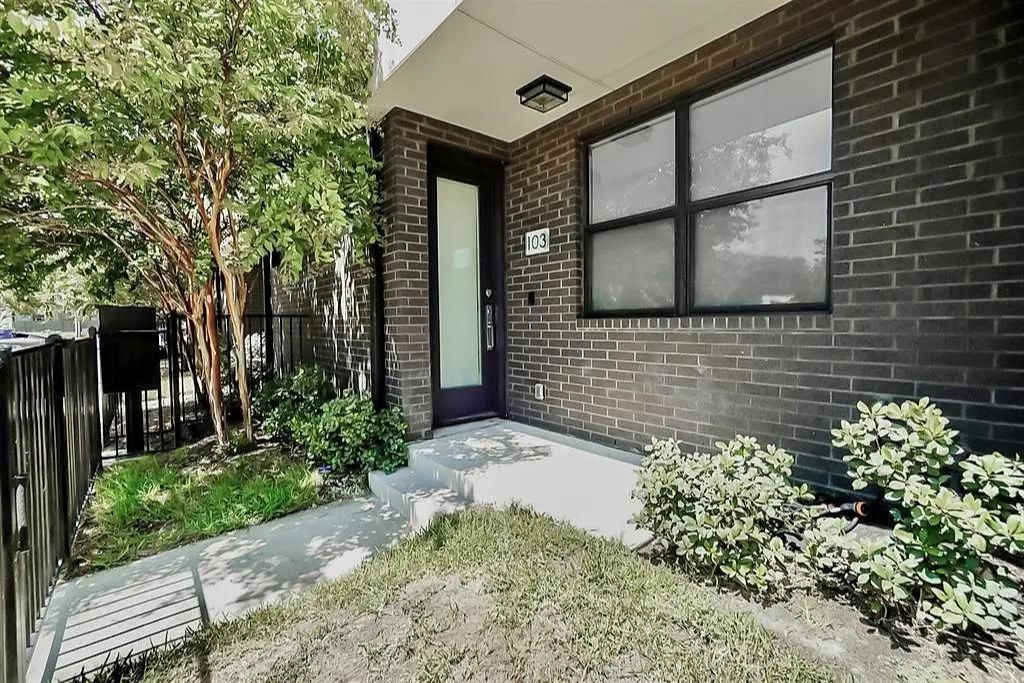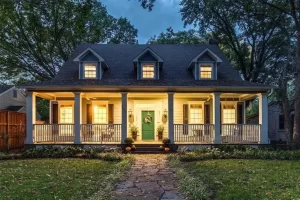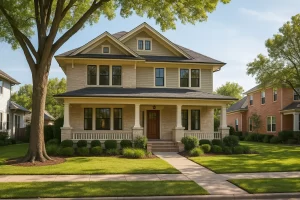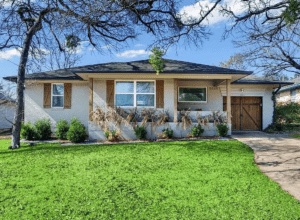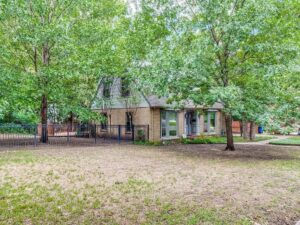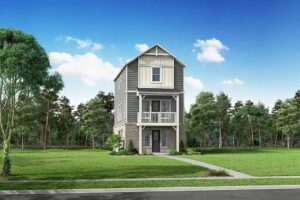Introduction to Dallas Property Investment Trends
The Dallas real estate market is dynamic and lucrative, significantly impacting the region’s economic vitality. Economic trends shape this market, with factors like population growth, employment opportunities, and industry diversification driving real estate demand and property values. For instance, recent economic expansion in Dallas has positioned the city as a top destination for living and Dallas property investment. This growth has boosted property values and created a competitive market environment for buyers and sellers.
Dallas offers a luxurious lifestyle with modern urban-suburban living, diverse cultural scenes, and recreational amenities like Katy Trail and Klyde Warren Park. These features influence the cost of living and the desirability of real estate in the region. Investors keen on the Dallas market must closely monitor economic trends. This helps them make informed decisions about property acquisitions, developments, and investment strategies. By recognizing the link between economic indicators and the real estate market, stakeholders can navigate challenges and leverage opportunities in this thriving sector.
Economic Trends Impacting Dallas Property Investment
Economic trends impact the Dallas real estate market beyond state-level data. For example, the surge in Texas home sales, particularly led by Houston, shows increased housing demand in urban areas like Dallas. Texas sees a significant rise in active and new listings, with San Antonio leading in both categories. This trend influences supply dynamics in the Dallas market, affecting property prices and competitiveness. Stable mortgage rates, such as the 30-year fixed-rate staying below peak values, encourage home purchases. They also attract real estate investors seeking long-term opportunities in Dallas.
The total value of single-unit starts in Texas reached $2.7 billion in January 2024. This indicates strong momentum in new construction projects. Increased construction is crucial for meeting growing housing needs in Dallas. Population influx and economic growth drive demand for residential properties. Expansion of single-unit starts boosts the local economy through job creation. It also contributes to the vibrancy and development of the Dallas real estate sector. This makes Dallas an attractive landscape for both homebuyers and investors.
Factors Influencing the Cost of Living in Dallas
The cost of living in Dallas is influenced by its luxurious amenities and robust job market. For example, places like the Katy Trail and Klyde Warren Park add to its appeal. Additionally, Dallas has become a hotspot for professionals seeking career opportunities in various sectors. Notably, telecom, healthcare, and technology are among these sectors. As a result, this drives demand for housing and shapes the real estate landscape. Moreover, the presence of 24 Fortune 500 companies underscores the city’s economic significance. Therefore, it makes Dallas appealing for career advancement and a high standard of living.
In addition, the thriving arts and cultural scene in Dallas also contributes significantly to the cost of living. For instance, attractions like the downtown Arts District, the nation’s largest urban arts district, are key highlights. Furthermore, Dallas offers residents a rich tapestry of artistic experiences and events. Consequently, these cultural offerings enhance the quality of life in the city. Similarly, they also impact housing prices and overall living expenses. Ultimately, this creates a dynamic environment for both residents and real estate investors.
Comparing Dallas Living Expenses to National Averages
When comparing Dallas living expenses to national averages, housing market trends play a crucial role. Median home prices in Dallas have increased notably, showing robust real estate demand. This surge in home values and rents aligns with Dallas’s overall growth trajectory. It makes the market lucrative for both homebuyers and investors.
Population growth in Dallas is outpacing the national average. This signifies a fundamental shift in housing needs and preferences. More individuals move to Dallas for its economic opportunities and high quality of life. This rising demand for housing propels real estate prices upward. The trend reflects the city’s attractiveness and underscores the importance of understanding local market dynamics when assessing living expenses in Dallas.
Impact of Economic Growth on Dallas Property Prices
The economic boom in Dallas has driven strong appreciation rates in the real estate market. Consequently, it has become an attractive investment opportunity over the last decade. Major companies like AT&T, Texas Instruments, and American Airlines have their headquarters in Dallas. Therefore, their presence has contributed to the city’s economic growth and influenced property values.
Furthermore, the Dallas real estate market is predicted to experience moderate growth in the coming years. By 2025, it may transition to a more balanced market. This forecast opens possibilities for both buyers and sellers. As a result, they can navigate the evolving landscape of property prices and market conditions. Increased demand for residential spaces is driven by the city’s thriving job market. This demand sustains property prices and fosters a competitive market environment.
Dallas offers a high quality of life with vibrant cultural scenes and recreational opportunities. Moreover, the conducive business environment adds to the city’s appeal for real estate investors. They seek stable and profitable ventures. Additionally, the growing rental market with competitive yields enhances Dallas’s investment potential. This attracts individuals and businesses looking to capitalize on the city’s economic prosperity.
Dustin Pitts: A Key Player in Dallas Property Investment
Dustin Pitts is a prominent figure in the Dallas real estate market and a key player in Dallas property investment. He serves as a Realtor with a wealth of experience and expertise. Additionally, Dustin has a deep understanding of the local market dynamics. He plays a crucial role in connecting buyers with their dream properties. Furthermore, he assists sellers in navigating real estate transactions in Dallas. His dedication to personalized service, tailored to each client, has earned him a stellar reputation. Consequently, he is known as a trusted real estate professional in the region.
As an active participant in the Dallas real estate landscape, Dustin Pitts closely monitors market trends. Therefore, he offers valuable insights to his clients and fellow industry professionals. By tracking property prices, market demand, and emerging neighborhood hotspots, Dustin equips his clients with vital knowledge. This, in turn, helps them make informed decisions about buying, selling, or investing in real estate in Dallas. His proactive approach to market trends positions him as a go-to resource. Consequently, individuals looking to capitalize on opportunities in Dallas’s dynamic real estate market often turn to him.
Dustin Pitts’ dedication to excellence and client satisfaction underscores his significant impact on Dallas real estate. Moreover, his unwavering passion for real estate and in-depth market knowledge drive successful property transactions. Therefore, Dustin continues to shape successful investments in Dallas.
Key Takeaways for Dallas Property Investors
Economic trends have a significant impact on the Dallas real estate market. Home sales in Texas surged by 14.6%, showcasing a robust market. The total value of single-unit starts in the state reached $2.7 billion in January 2024. This indicates a thriving real estate sector with substantial development. These trends reflect the increasing demand for properties in Dallas. This demand is influenced by the city’s economic growth and job market strength. Investors keen on the Dallas real estate market should pay close attention to these trends. This will help them navigate opportunities and challenges in the sector.
Investors have ample opportunities to capitalize on Dallas’s prosperity. The city has a strong real estate market and economic stability. As an economic hub, Dallas is home to 24 Fortune 500 companies. This positions it as a lucrative destination for various industries. Dallas offers attractive returns for real estate investors with above-average home values and rents. Moreover, the city’s diverse economy sectors like telecom, healthcare, and technology provide a stable foundation. This is beneficial for long-term investments in the real estate market.
However, investing in the Dallas real estate market comes with its challenges. Investors need to consider these challenges. Market competition in Dallas requires strategic investment choices. This ensures profitable returns amidst rising property values and rental rates. Affordability concerns may also pose challenges. This is especially true for new investors seeking to enter the market. Staying informed about the local regulatory environment is crucial. It helps investors navigate potential hurdles and make sound investment decisions. The Dallas real estate landscape is dynamic, requiring careful consideration.
